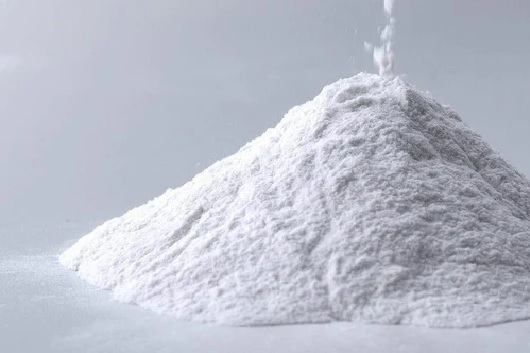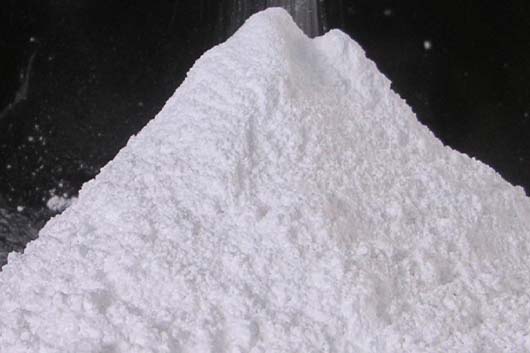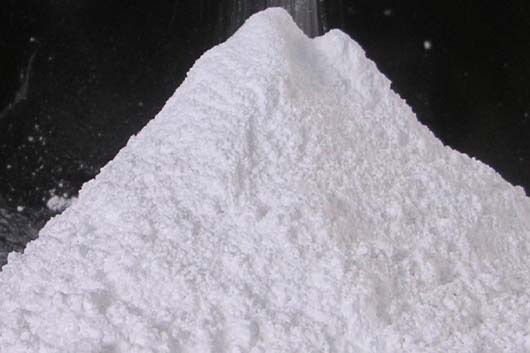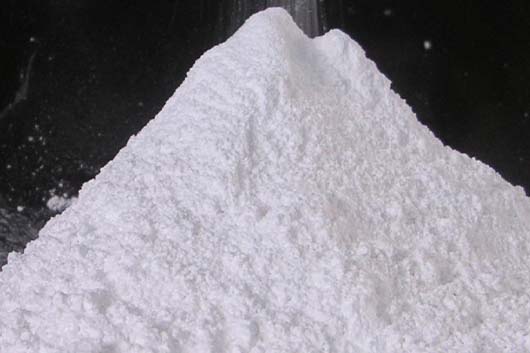- Discover The Magic Within Shining Minerals
- +91-9414167212
- anenterprises@gmail.com

How Talc Powder Magic Appears in Cosmetics!
December 29, 2023
Is Talc Powder the Versatile Mineral Driving Global Industries?
December 29, 2023Hey there, fellow health enthusiasts! Do you even think about the magic behind those little pills that have made you feel better? Therefore, today we shall reveal some truths about an obscure element of the pharmaceutical world- talc powder. Yes, you heard it right! This simple powder is redefining how medicines are made and that’s what I’m talking about today.
Talc Powder- The Unsung Hero
Magnesium silicate, also known as talc powder, has had multiple applications since ancient times. Nonetheless, its promise for the pharmaceutical industry has only surfaced recently. Talc powder is a silent saviour, thanks to its silky feel and high absorption qualities in the world of medicine.
Enhancing Medication Absorption
The reason for this has to be traced back to the main property that makes Talc Powder for Pharmaceutical Industry i.e., it improves oral absorption of medicines. As a talc powder, it assists dissolution of the drugs, enabling quicker absorption by the body. Therefore, patients will have quicker respite which results in better patient outcomes.
Improving Drug Stability
Moreover, talc powder can also enhance drug stability. Some drugs are hygroscopic; that is, they suffer the effect of moisture, leading to diminished efficacy. Pharmaceutical companies could increase the shelf life of drugs by using talc powder as an excipient, thus protecting the drugs from moisture. This reduces wastage and at the same time allows patients access to effective medicines that are as potent as the day they were manufactured.
Facilitating Drug Flow
Have you ever struggled to extract the remaining medicine from a bottle? Talcum Powder’s Got Your Back!! Its fine particles act as lubricants, which allow smooth flow of powders and liquids in pharma formulations. Patients can therefore conveniently dose the right portion of medication without the possibility of under-dosing or over-dosing.
Preventing Tablet Sticking
You also know what it is like trying to extract a tablet from a blister pack, and it refuses. Therefore, talc powder for the Pharmaceutical Industry comes in handy. Talc powder can be employed to coat tablets in thin layers to prevent them from sticking to each other or their packaging. It is also easy for the patients to access the medication and lowers the chances of tablets breaking or crumbling.
Enhancing Inhalation Medications
However, talc powder possesses distinctive properties that make it an ideal option for inhalation drugs as well. Its fine particles enhance the ability to disperse and make the drug flowable, allowing patients to inhale the right amount each time they do so. This in a sense is very significant for people having difficulty breathing, where they must inhale the dose appropriately.
Talc Powder in Wound Care
Surprisingly, talc powder is used during wound care. It has a high absorptive capacity that is suitable for controlling excessive moisture in the wounds, promoting healing quicker and lowering the chances of infections. Talc powder may also help to reduce friction between the dressings and the patient’s skin, enabling comfort during the healing process.
Cosmetic Formulations and Talc Powder.
However, talc powder is versatile enough not only for the pharmaceutical sector. It is widely used in cosmetic formulations to absorb excessive moisture, aid in preventing caking and give a smooth texture. Talc has become an everyday product in the world of beauty — from foundations to powders.
Talc powder on the horizon of pharmaceuticals.
With the development of technology, even talcum powder has the potential for use in the pharmaceutical industry. It is being explored to develop new technologies such as novel drug delivery systems or improving the solubility of poorly soluble drugs. We have high hopes for talc powder, and we cannot wait to experience its future.
Conclusion:
The seemingly humble talc powder of A.N. Enterprises has emerged as a silent hero in the pharmaceutical industry, revolutionizing the way medicines are made and administered. Its unique properties, from enhancing medication absorption and improving drug stability to facilitating smooth drug flow and preventing tablet sticking, have made it an invaluable ingredient in pharmaceutical formulations.




